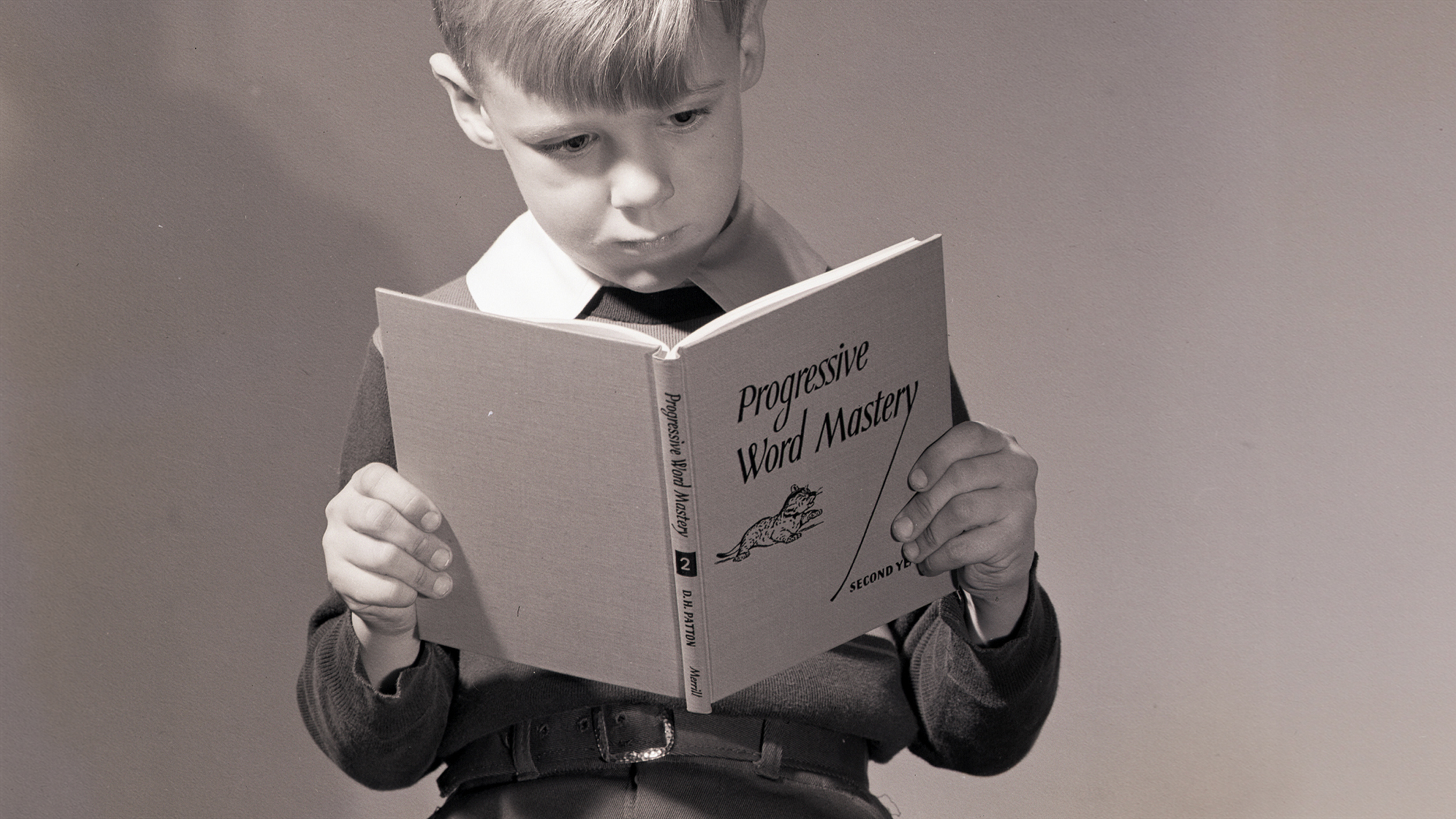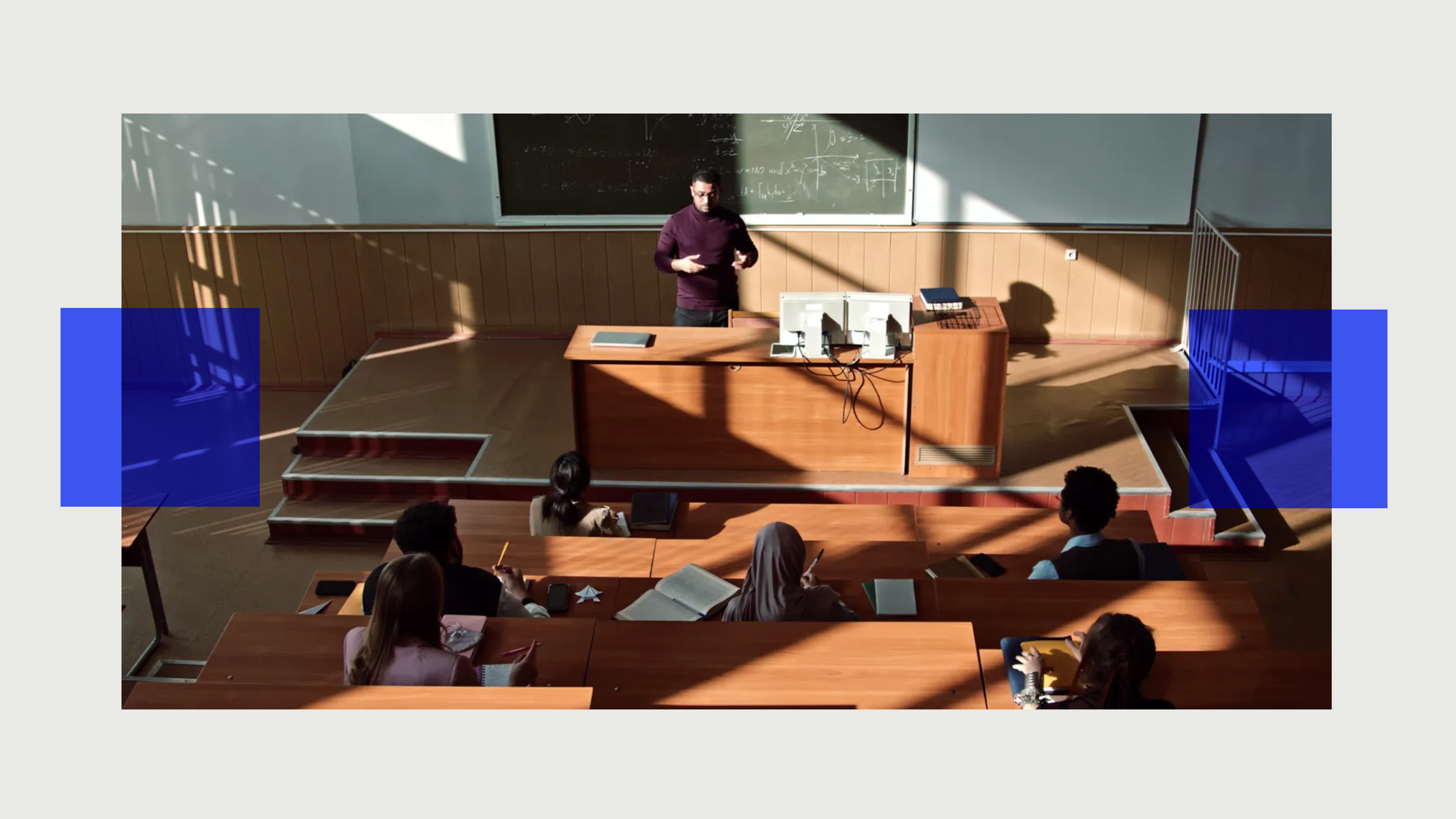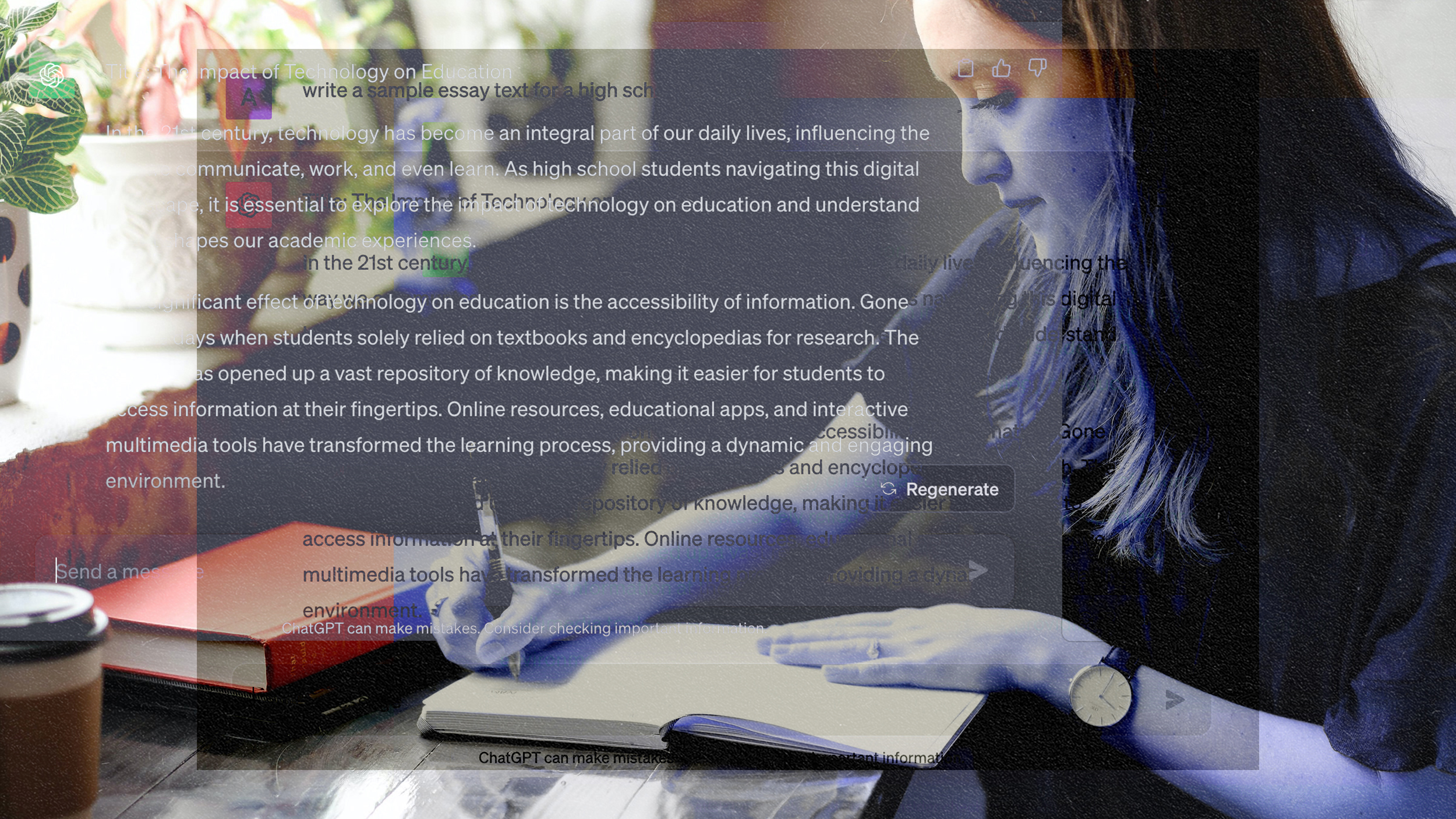ROBERT QUINN: The university space is a microcosm in its ideal of what we would like society to be like. People have adequate food, they have adequate housing and they have a chance to develop their capacities and contribute to the meaningful decisions and discourse of their lives. So that's the ideal. And academic freedom is the essence of that. It's what makes it work because there's an opportunity to talk and engage and bring in the voice that previously can't be brought in. And again, this is only when universities operate on the ideal and I get that.
But for me what really got me into this work and keeps me in this work is because it's a microcosm. We don't understand how much our thoughts, our very thoughts and therefore our identities are shaped by implicit permission to think that or ask that or say that. And the battle over academic freedom is essentially the battle over that inner mental space. As an example and it really opened my eyes to it, I was talking to a very senior professor at a U.S. top university who was a sinologist, an expert on China. And she said one of my dilemmas is as I'm late in my career my Ph.D. students come to me and they say I want to work on this topic relating to say Tibet or Taiwan or so forth. Sensitive topics. And she says I have a professional obligation, it's a great topic and it would lead to so much knowledge but I have a professional obligation to warn them that if they do that they may not be able to travel in and out of the country. Their career may be cut short because those are sensitive topics.
And so she said the challenge is we're not only going to lose the particular dissertation topic that that person wanted to work on but we won't get any of the knowledge that the questions would have led to and the questions beyond that. So there's whole zones of knowledge that we never get to because of the intimidation in the early part of the evolution of the chain of thinking. Sort of to borrow from Donald Rumsfeld where he said that the unknown unknowns, right. We simply don't know what we haven't even thought to ask. And that's why attacks on scholars just like attacks on journalists but really especially with the depth that academics can go to, they're very efficient ways for very subtly invisibly shaping. One of our projects that we're just starting now is how do we measure the self-censorship that goes on. When they come and haul away the professor in the office next to yours to prison that affects whether you're going to publish the next article. How do we measure that.
I call it the self-censorship is the dark matter of the academic freedom universe. It's all over the place and that we can't see it. Creativity comes in because creativity needs space. It needs freedom. We have a holiday card we sent around once that said new ideas begin with a safe place to think. They can be catalyzed by pressure. They can be catalyzed by bad experiences. We all know that. That can spark things as we respond to those things. But at the end of the day it needs space and time and legitimacy to go with it. So that's how I think they're connected.
One in particular really strikes me which is a scholar from Syria, a very established scholar in the dramatic arts. She described a moment that I think encapsulates why so many of these scholars are so impressive and so courageous. She describes the secret police coming to her classroom and at the door of the classroom saying give me so and so, a student who is in her class. So they're going to take away a student. The secret police are going to take him away to prison. She says no. She says you can't have him. For the next hour-and-a-half he's mine. And that just encapsulates the courage for her to do that just blows me away. Just absolutely blows me away.
Another scholar also happens to be from Syria. He describes he's been in exile for a while. He gets into exile but he keeps doing his advocacy work. He got targeted because he started doing reports on secret detentions in prison in Syria and torture by the regime. This is before the civil war. And he described sitting in front of his computer in exile so still trying to have an effect for the people of Syria. Having written the next article that's going to go up on the website and pausing before he hits enter because he knows if it's published they might bring in his mother or his brother for interrogation. Yet he does it anyhow because he knows that they know that this is more important. But living with that and living with the guilt of that and living with the pressure of that. So many of our scholars do that and they feel like they're the lucky ones. The ones who got out of Iraq because scholars are being assassinated in Iraq.
We had one scholar years ago she was from Aceh, Indonesia which is a very sort of more, well not rural but more remote part of Indonesia at the time. And at the time there was a lot of conflict there. She was literally on a death list by the government. The military was going to kill her if they found her so she had to flee the country. Then the tsunami hit if you remember the tsunami hit Indonesia. She went back despite being on the death list and did what scholars do. She started writing reports about the relief agencies and how they were trying to help and exposed that the relief agencies were not meeting the needs of women in Indonesia because they were passing out all the relief through men. And so she started submitting these reports to the UN and changed the way that they were distributing aid and just changed the content, literally the content of the relief materials that were being provided to make sure women were being provided for. So these are the individuals that we end up talking to. It's not just the people who stand up directly against governments. It's usually people just standing up for truth and for people.
Another one was a professor from Tunisia who worked on public health. So why would a professor for public health get in trouble? Well his research was on infant mortality so why do professors research infant mortality? Because they don't want babies to die. Why does he get in trouble? Because it turned out that the government statistics on infant mortality were saying everything is fine. And the fact is that infant mortality was much higher than the dictatorship was saying it was. So by putting that out he's saying the dictatorship is lying. He's exposing the fact that the government doesn't know how to take care of its own people. And so what do they do? They have him fired as a professor. Ultimately they put him in prison and so forth and so on. Now, sometimes we get happy endings. In that particular case the dictatorship falls. He ends up coming back to the country after being in exile and elected president of the country. So these are extraordinary people. They have extraordinary courage. It's really a privilege for us to be able to serve them.





